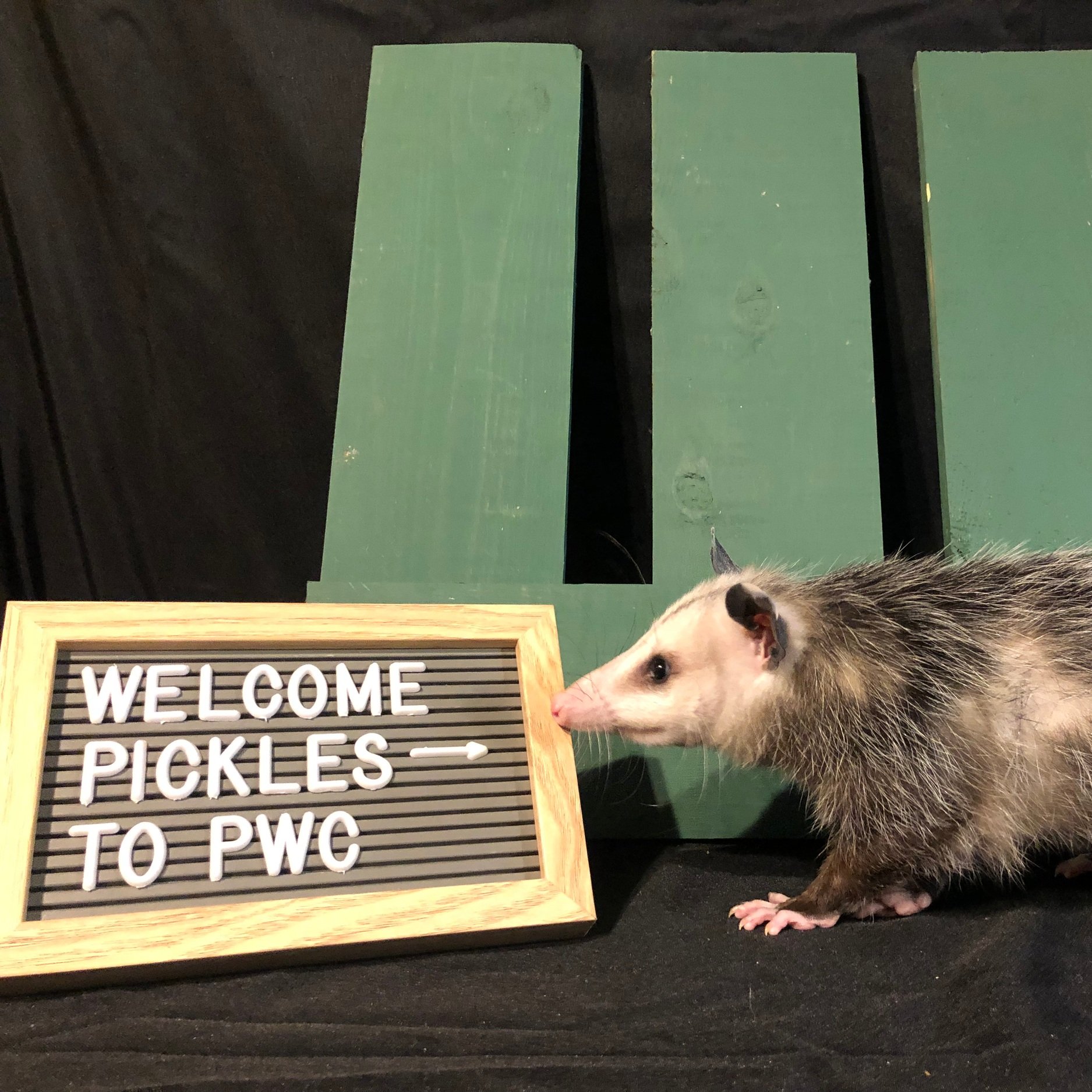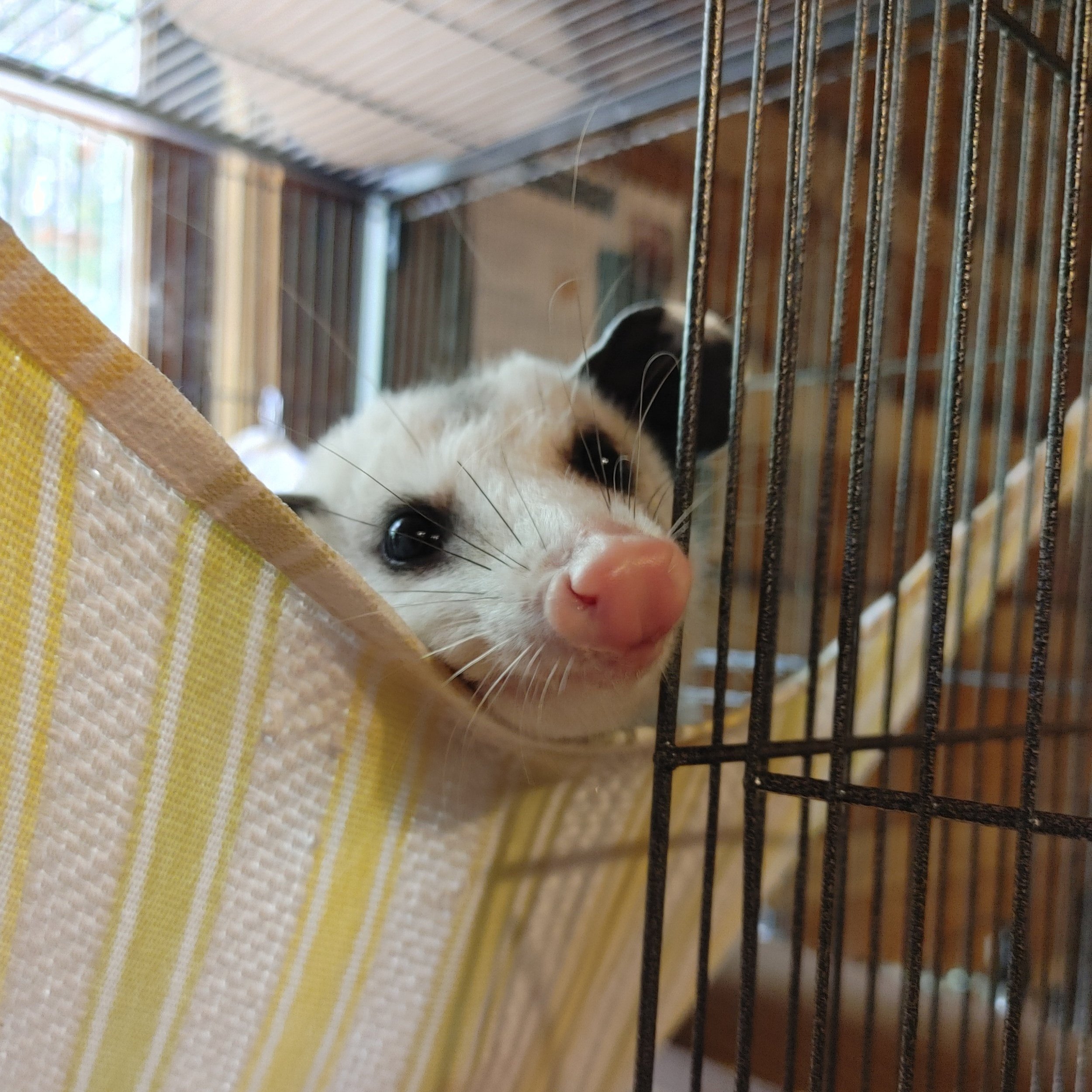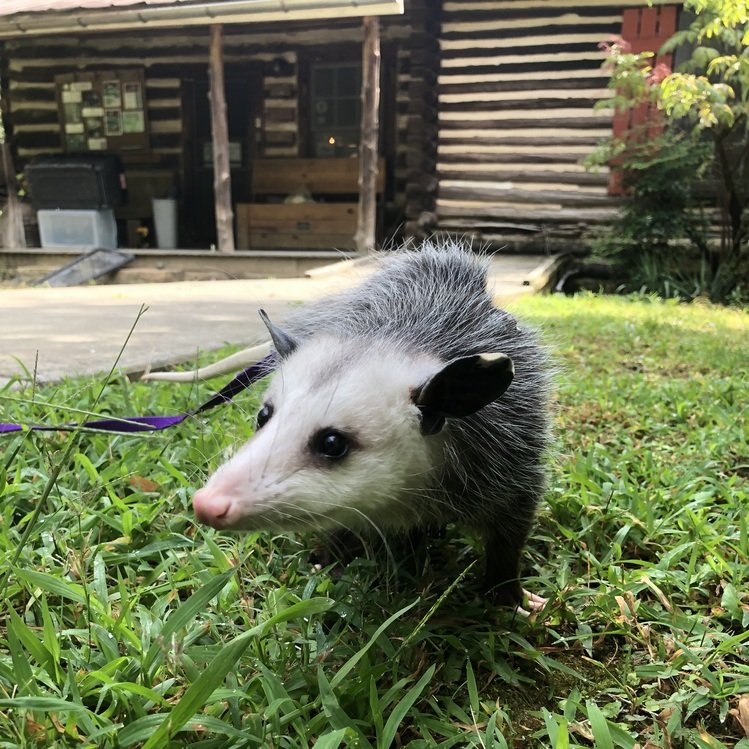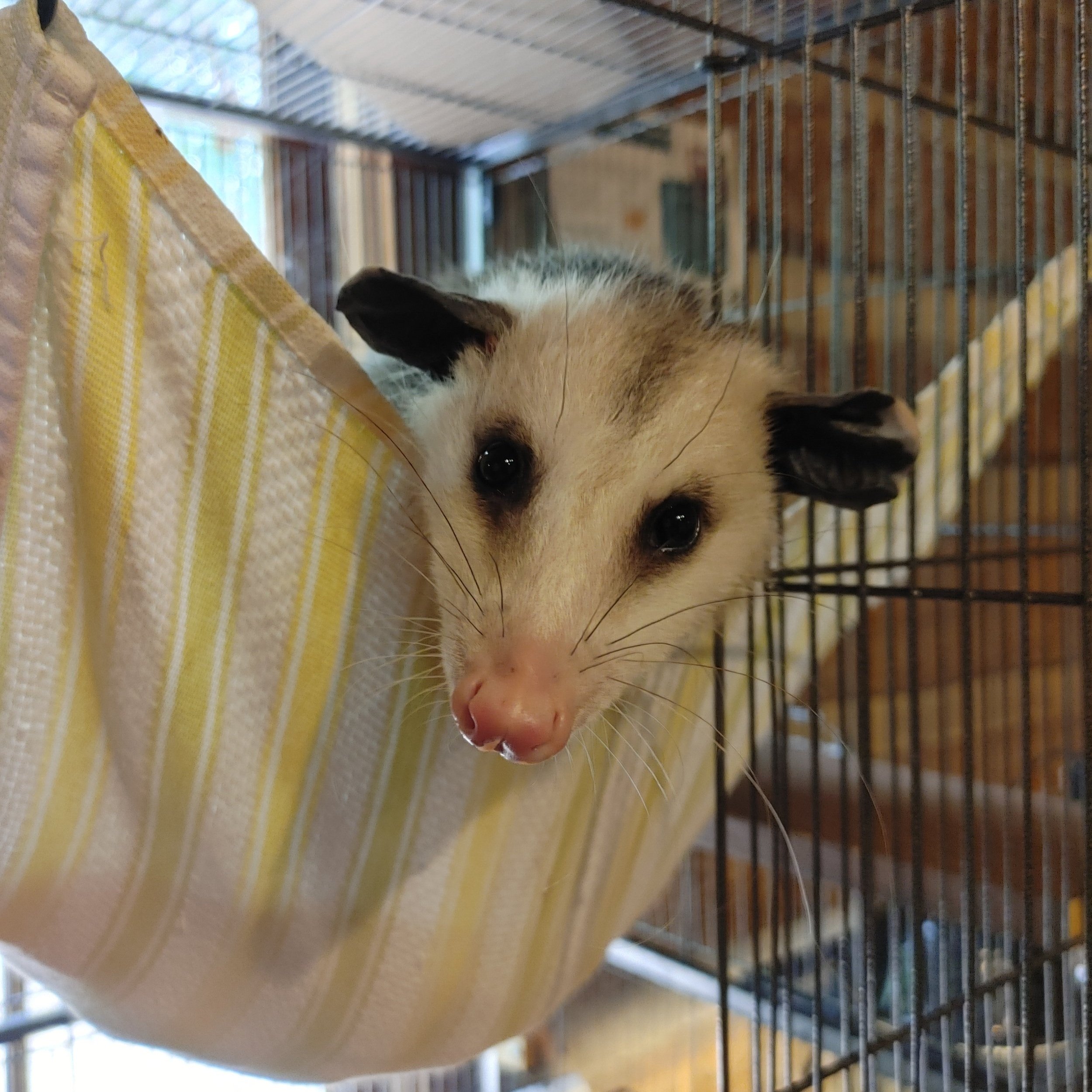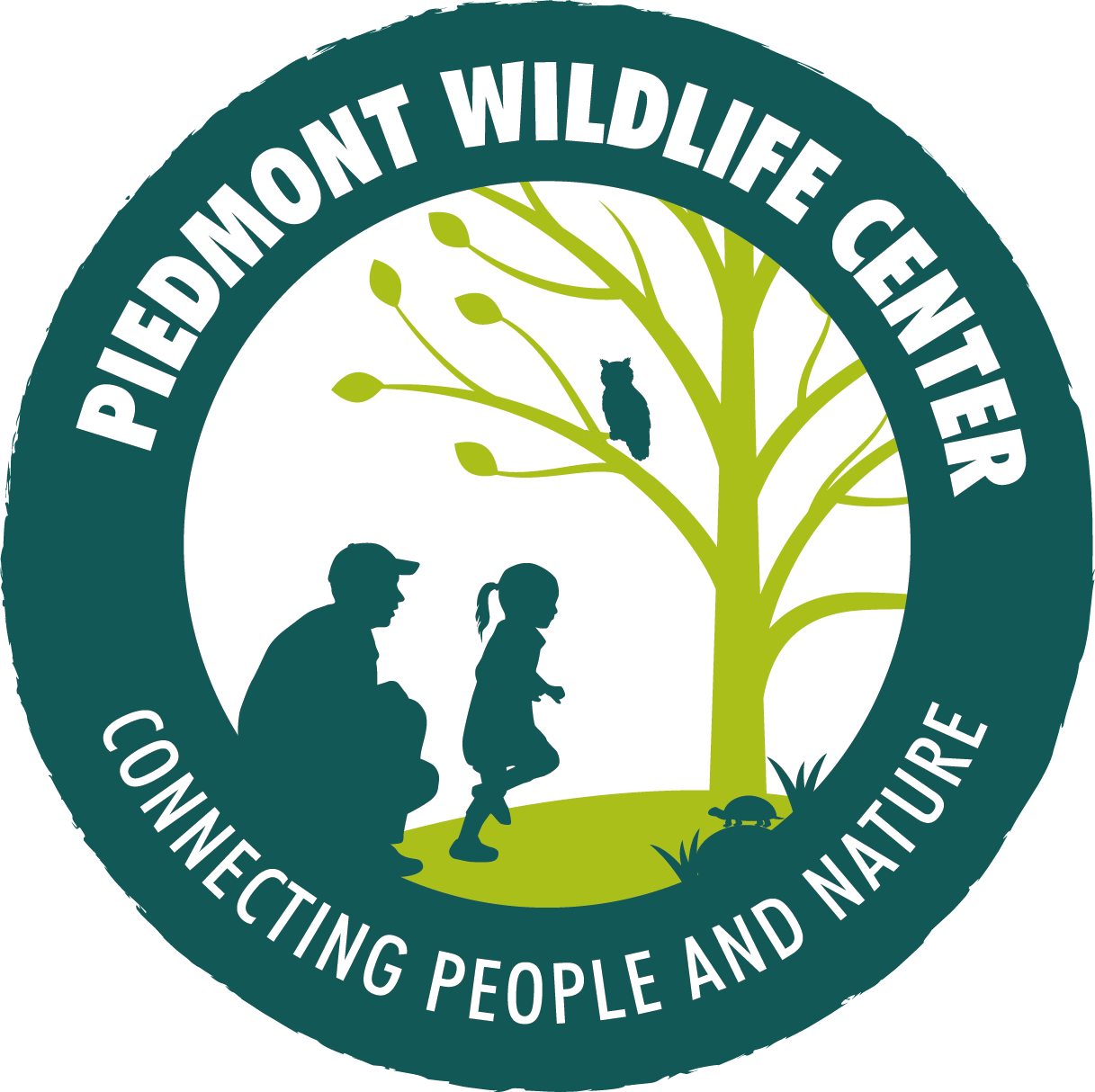Happy fall, y’all! Here in the Northern Hemisphere, today (September 22nd) is the autumn equinox, which officially marks the start of fall.
The autumn and spring equinoxes are the only times of year when the Earth is not tilting towards or away from the sun - which means we get an (almost) equal amount of day and night! In many traditional cultures, the equinox also coincides with the start of the fall harvest. This makes it a perfect day to practice gratitude, celebrate the balance found in natural ecosystems, and deepen our connection to nature and each other.
Need some ideas for welcoming autumn? You’ll “fall” in love with these 4 easy ways to celebrate the equinox:
1. Cook a meal with seasonal veggies
Pumpkin, apples, sweet potatoes… Like Pepper the Virginia opossum (above), we can’t get enough of fall vegetables! Take advantage of this season’s bounty by challenging yourself to cook with fresh produce currently in season. You can even try your hand at foraging wild edible plants to include in your creations.
Better yet, invite your friends and family to a potluck harvest dinner. Bonus points if it ends with s’mores around a campfire!
2. Commit to making your yard an autumn haven for wildlife
We recently shared some of our favorite ways to support birds during fall migration - but our non-migratory wild neighbors need help, too! Help provide food and shelter for native wildlife by leaving dead plants, leaf litter, and flowering plants’ seed heads instead of removing them. You have our permission to get lazy with your yardwork!
Did you know that fall is an ideal time to plant perennials, especially here in NC? Planting in early autumn gives plants a couple months of warm soil temperatures to get established before going dormant for winter. If you’re trying to include more native plants in your garden (and you should!), this is a great time to get started.
3. Start a gratitude practice
Who says you have to wait for Thanksgiving to be thankful? At PWC, our staff members begin every meeting by sharing one thing we’re grateful for. Start your own gratitude practice by taking time every day to reflect on the positive things, people, animals, and experiences in your life.
Need extra motivation? Research suggests that practicing gratitude is associated with higher levels of happiness, better resilience, and even improved health.
4. Spend time connecting with nature
It may be 95 F here in Durham today - but cooler weather is coming! Between migrating birds, colorful leaves, and milder temperatures, fall is the perfect time to enjoy nature. Plan an outing to your favorite park or wild place this weekend. Then visit again later in the fall, and see how things have changed!
Looking for a more structured way to connect with nature and wildlife? Break out your camera, sketchbook, or paint for Wild Canvas next Thursday, September 29th, where you can meet your favorite Ambassador Animals up close and practice your art while learning about native NC wildlife. Or sign up for one of our autumn Birds of Prey Tours on September 26th, October 5th, or November 8th!
However you celebrate the start of fall, we hope the new season “leaves” you with lots of warm memories and a deepened connection to nature. Happy autumn equinox from your friends at PWC!



